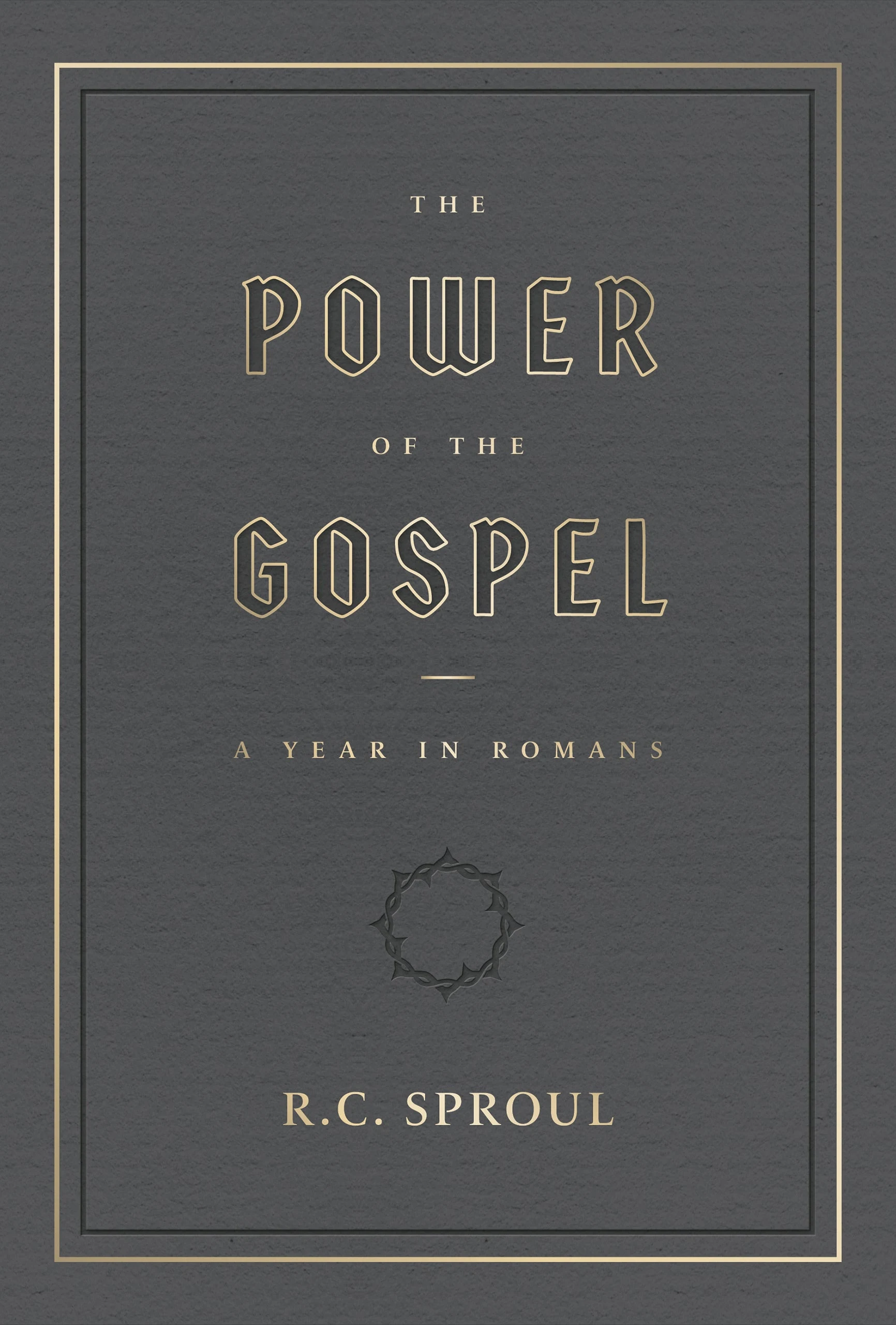What Is the Protoeuangelion?

In Romans 1, Paul has been separated for the gospel which He promised before through His prophets in the Holy Scriptures (Rom. 1:2). Sometimes we make an artificial separation or distinction between the Old and New Testaments. We talk about the Old Testament as law and the New Testament as gospel, as if there were no law in the New Testament and no gospel in the Old Testament. Paul says at the very beginning that the gospel is not a novelty; it is the same gospel that was promised numerous times before.
The first time the gospel was promised in the Old Testament was in the context of a curse. As a result of the fall, God cursed Adam and Eve as well as the serpent. God said that the Seed of the woman would crush the serpent’s head, and in the process the seed of the serpent would bruise the man’s heel. Centuries before Christ was delivered to the cross, where He crushed the head of Satan while being bruised for our iniquities, the gospel of Christ was given in the promise of the curse of the enemy. That is the protoeuangelion, the first proclamation of the gospel (Gen. 3:14–19).
Centuries before Christ was delivered to the cross, where He crushed the head of Satan while being bruised for our iniquities, the gospel of Christ was given in the promise of the curse of the enemy.
Paul, an expert student of the Old Testament, was aware of that, which is why he said that this gospel is what God “promised before through His prophets in the Holy Scriptures.” The “sacred writings” is the actual phrase he uses here. Many people today have lost confidence in the trustworthiness of sacred Scripture. However, God has not lost confidence in the power of the sacred Scriptures. He has invested the Scriptures with the power of the Holy Spirit. He declared to Isaiah, “My word . . . shall not return to Me void” (Isa. 55:11). When God utters words, the earth melts. Paul is not reticent about where his authority lies with respect to the gospel that God “promised before through His prophets in the Holy Scriptures.”
Our Lord Himself, after His resurrection, as He walked with people on the road to Emmaus, opened up the Old Testament text to them “beginning at Moses and all the Prophets” (Luke 24:27), showing that they should not have been surprised by His resurrection. Jesus’ identity was still hidden from these people. When they sat down to break bread together, Jesus left them, and they then realized who He was. Their response was, “Did not our heart burn within us while He talked with us on the road, and while He opened the Scriptures to us?” (Luke 24:32). It is good for our hearts to burn when we see the power of sacred Scripture authenticating God’s truth.


